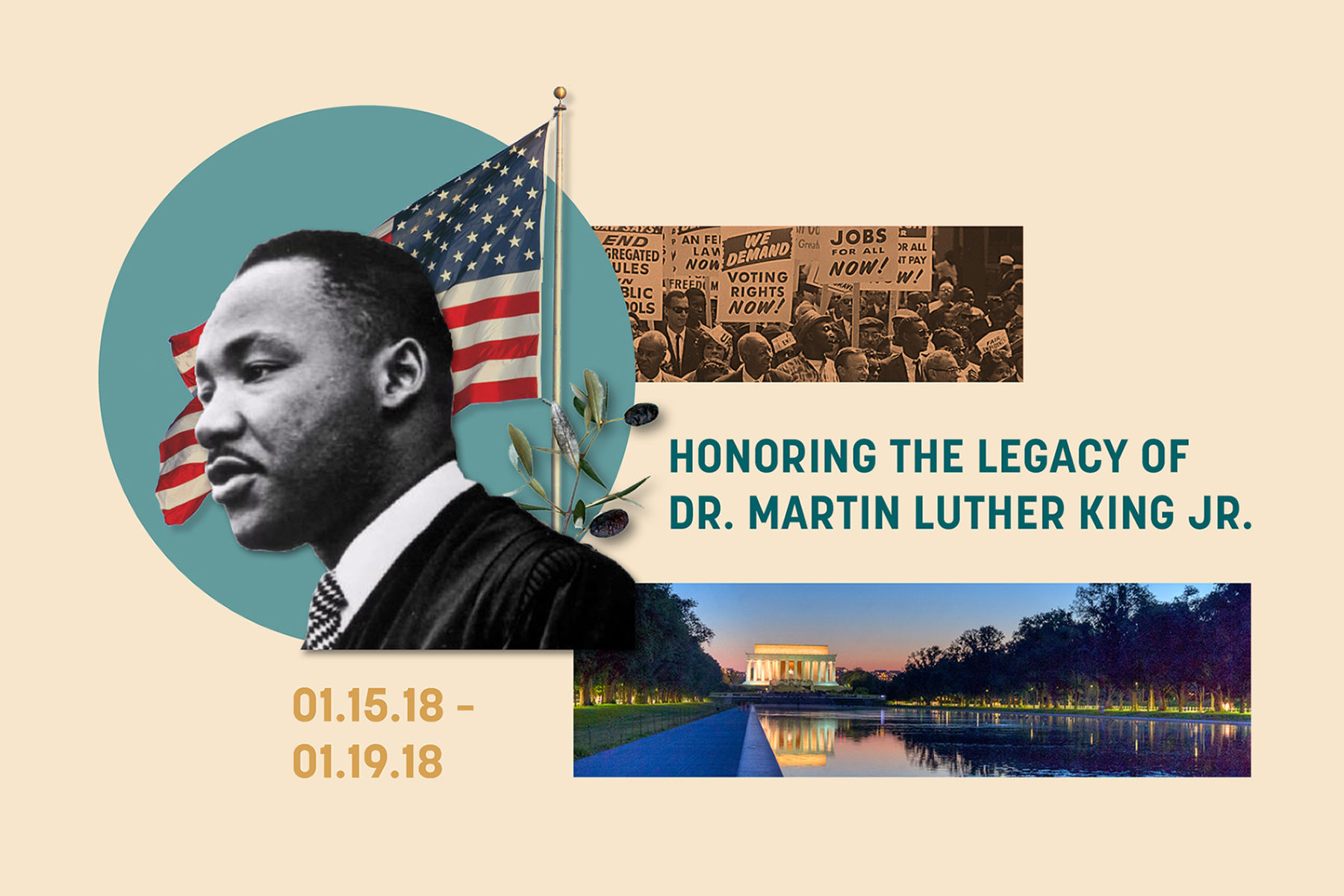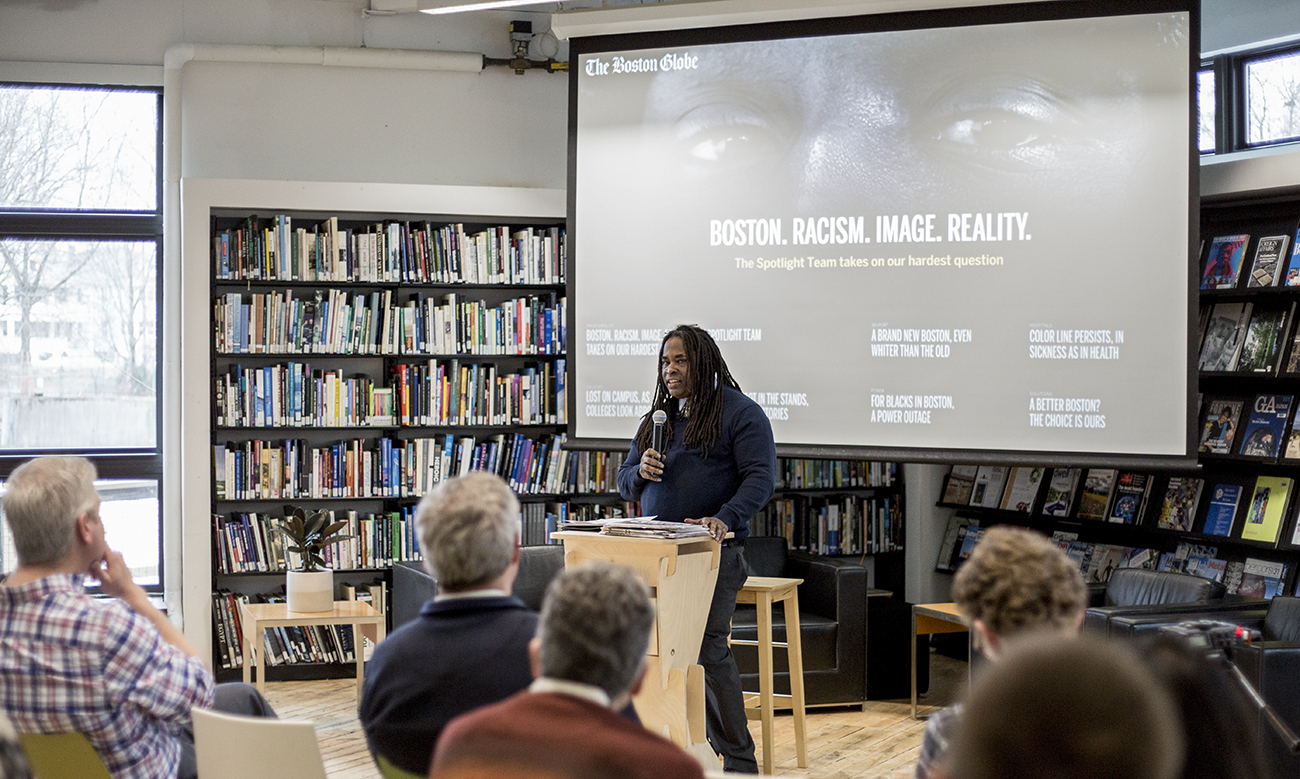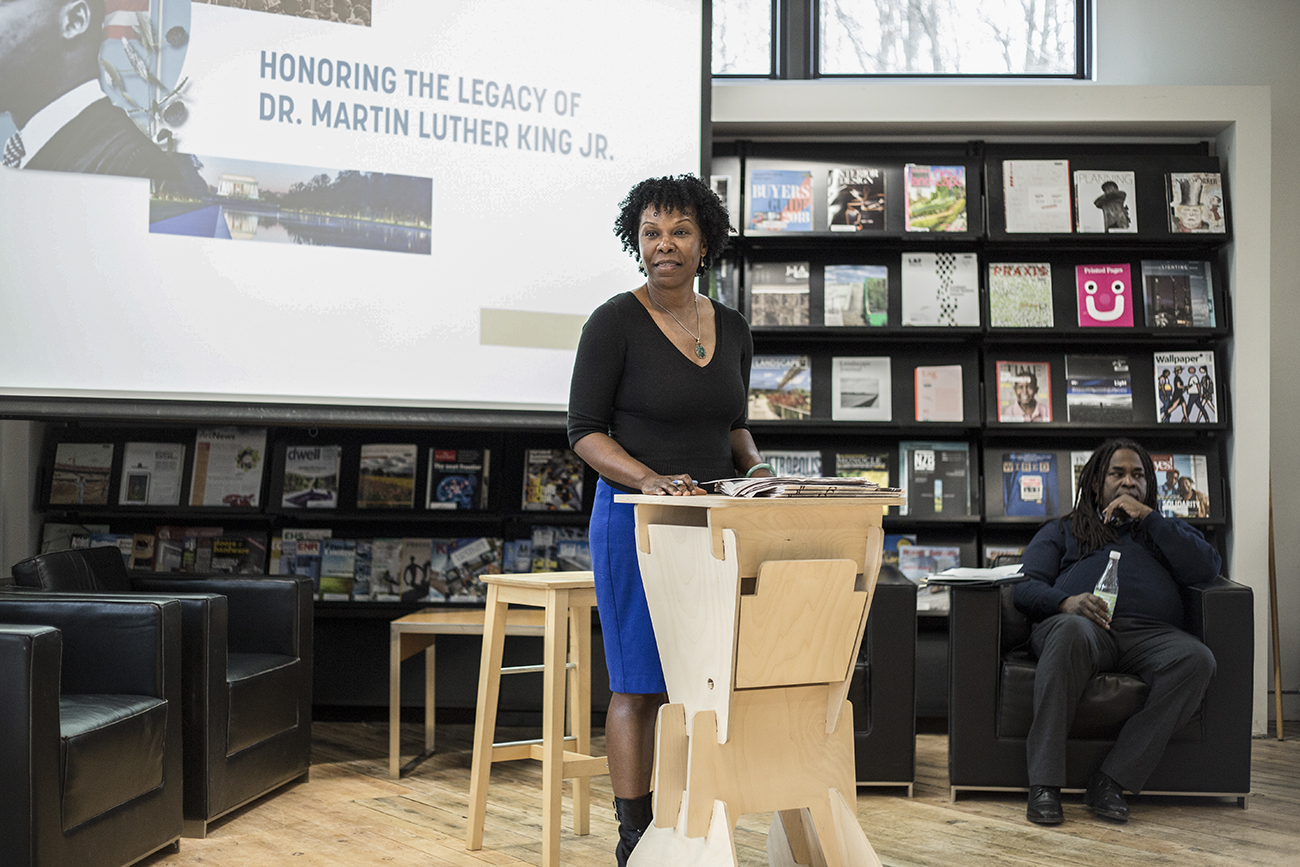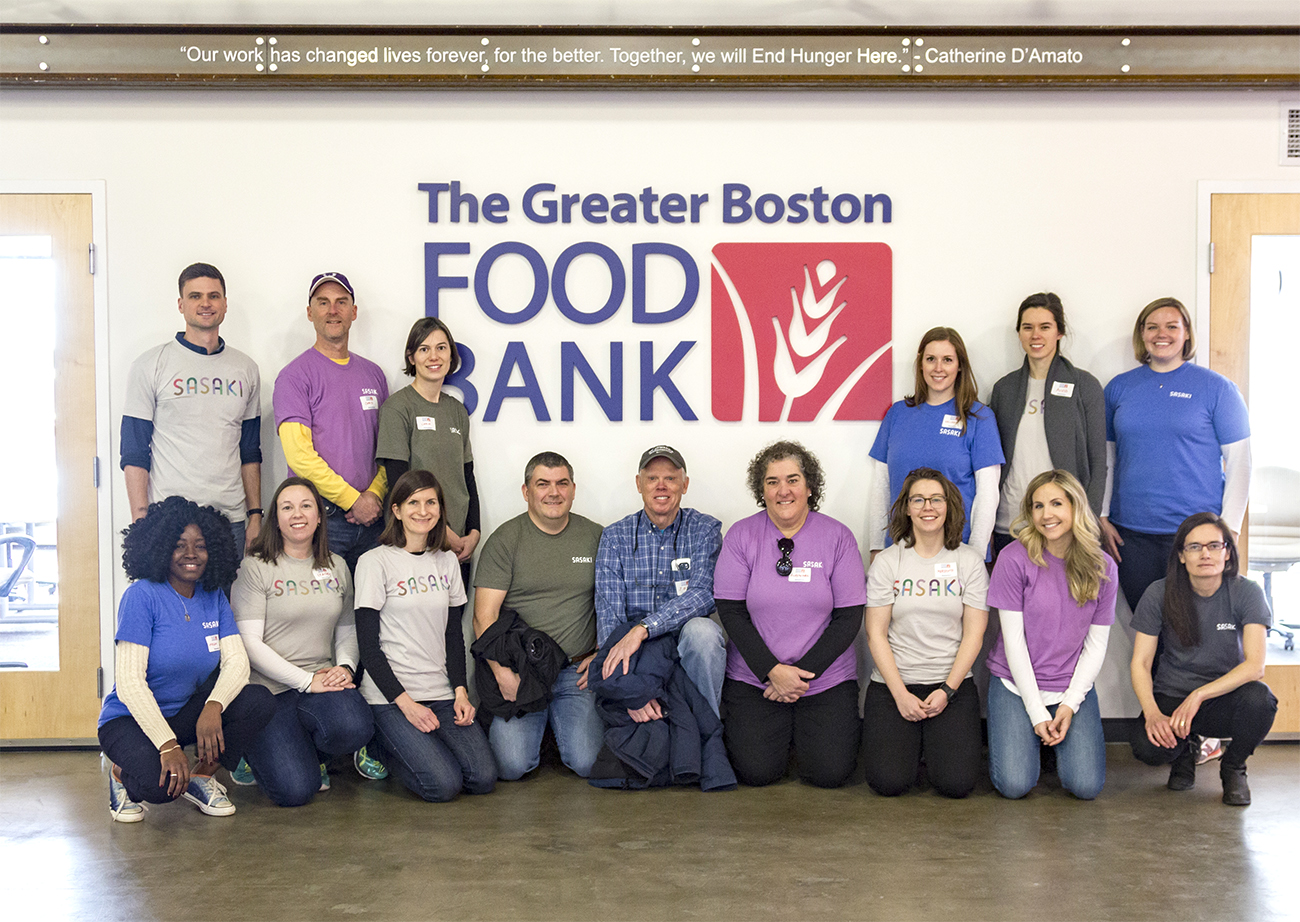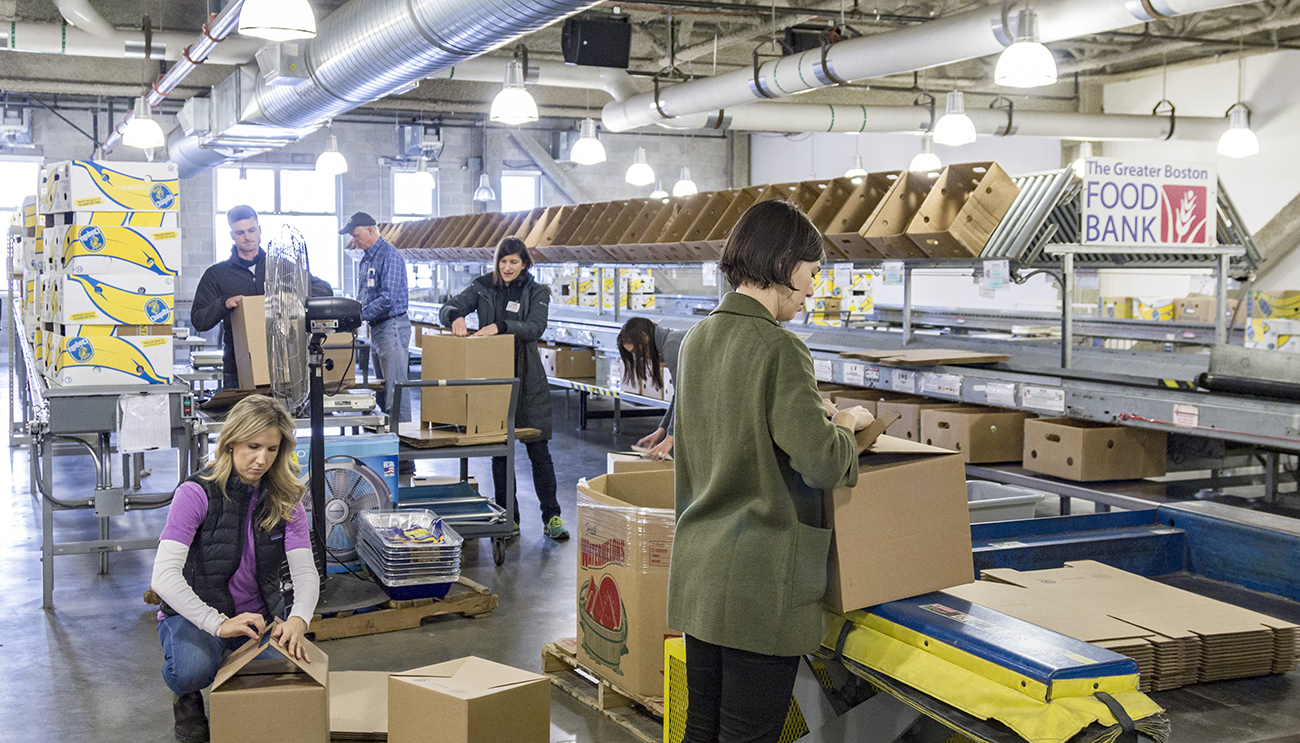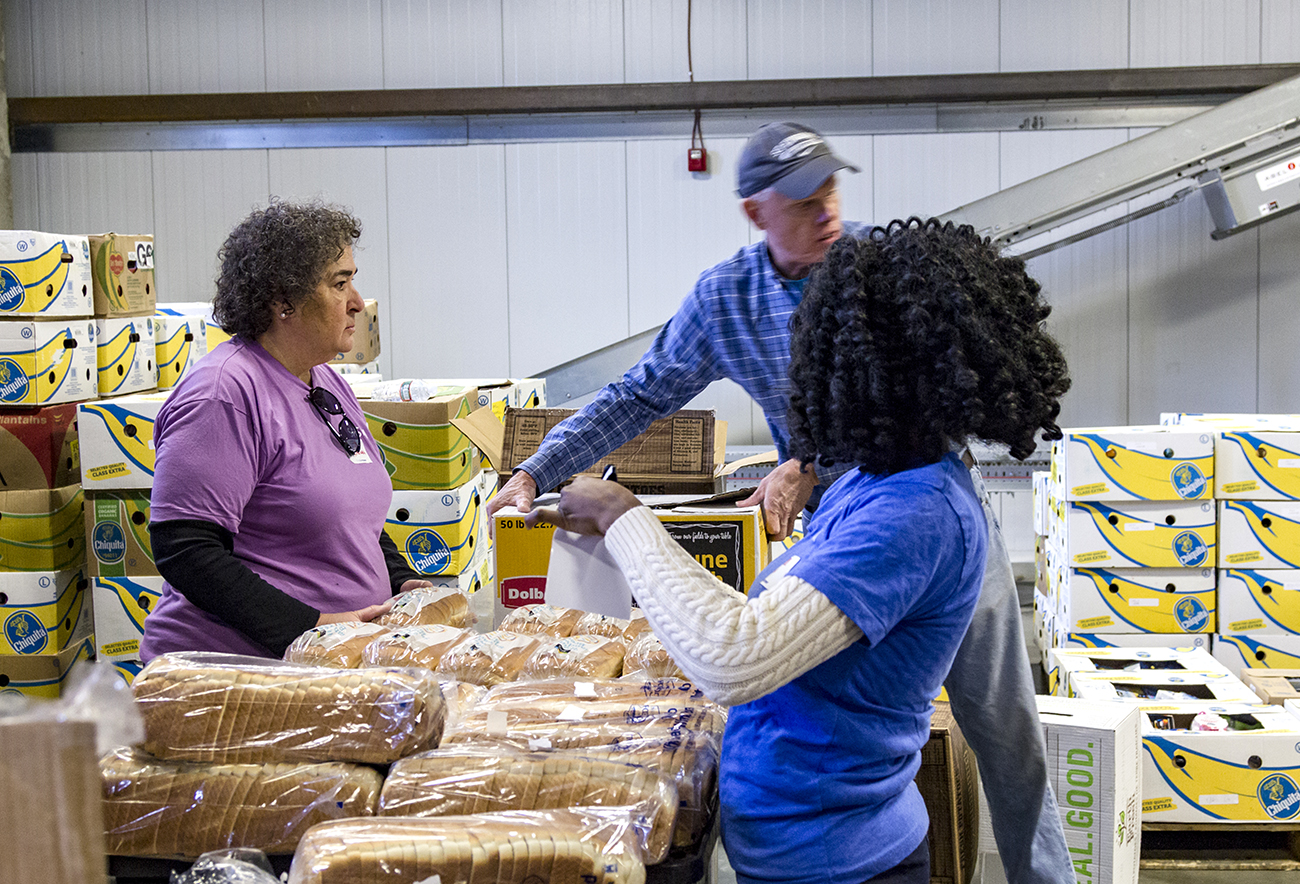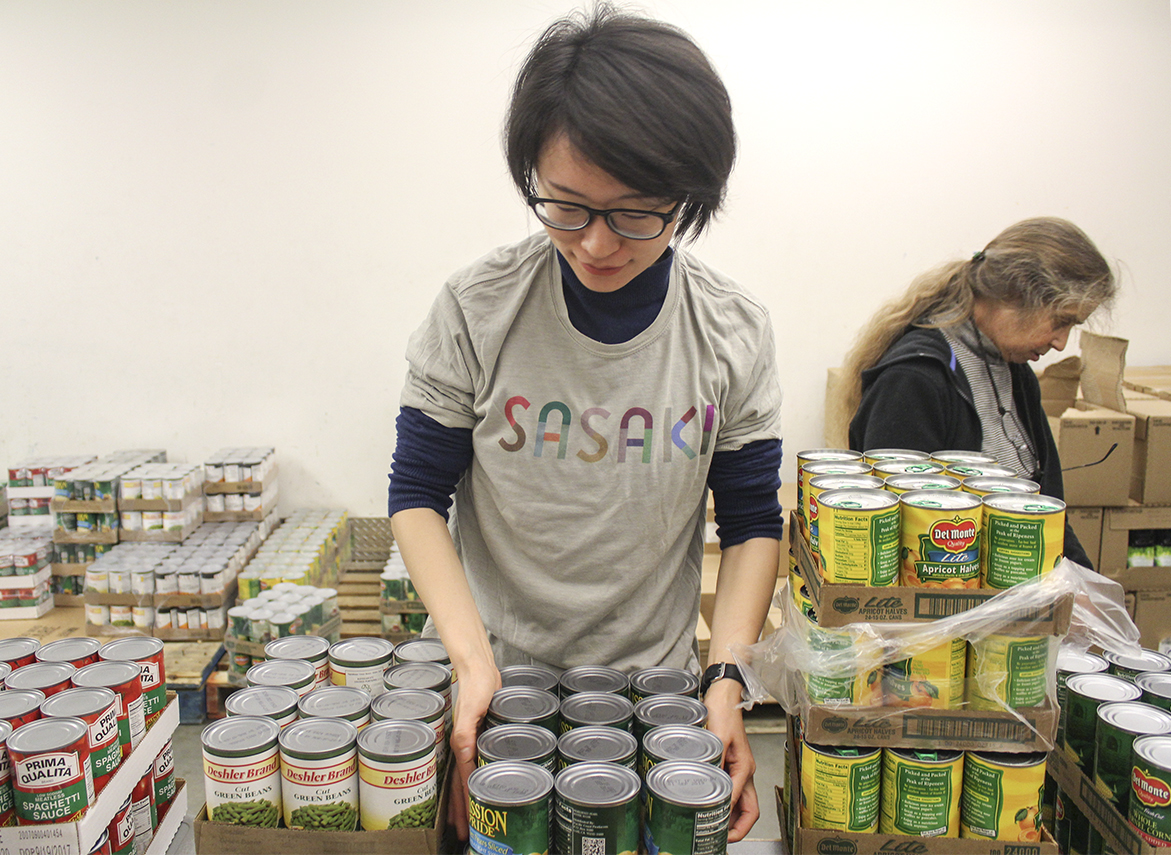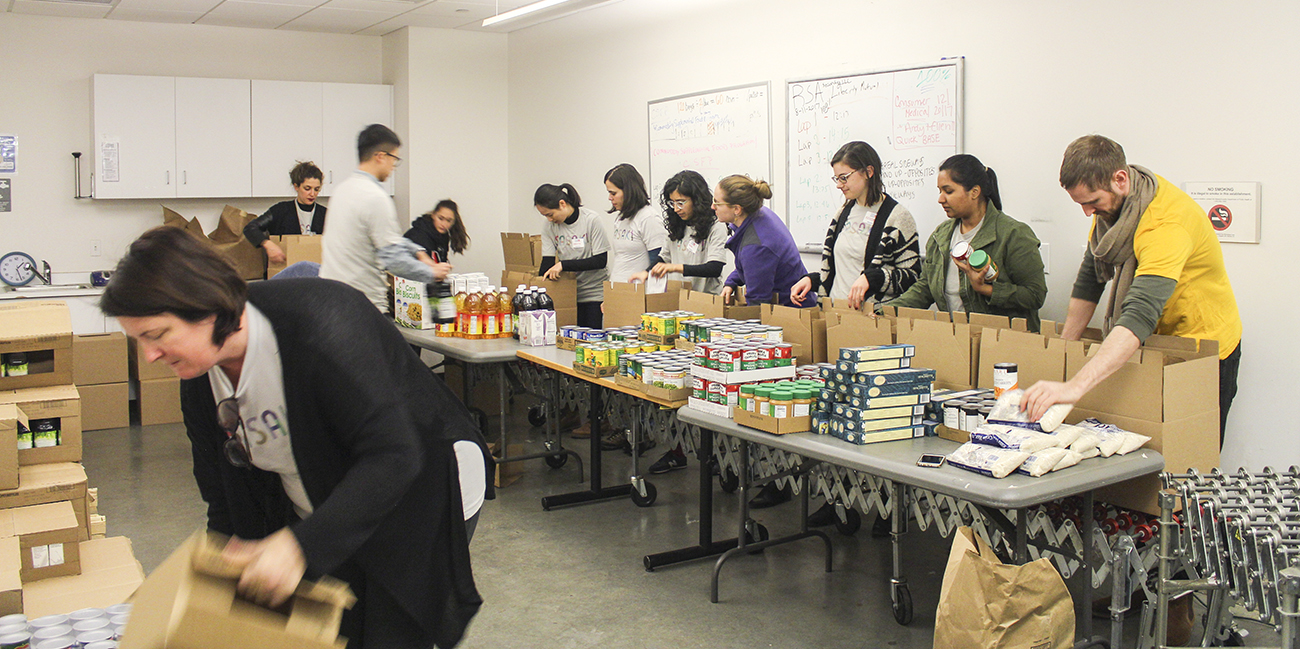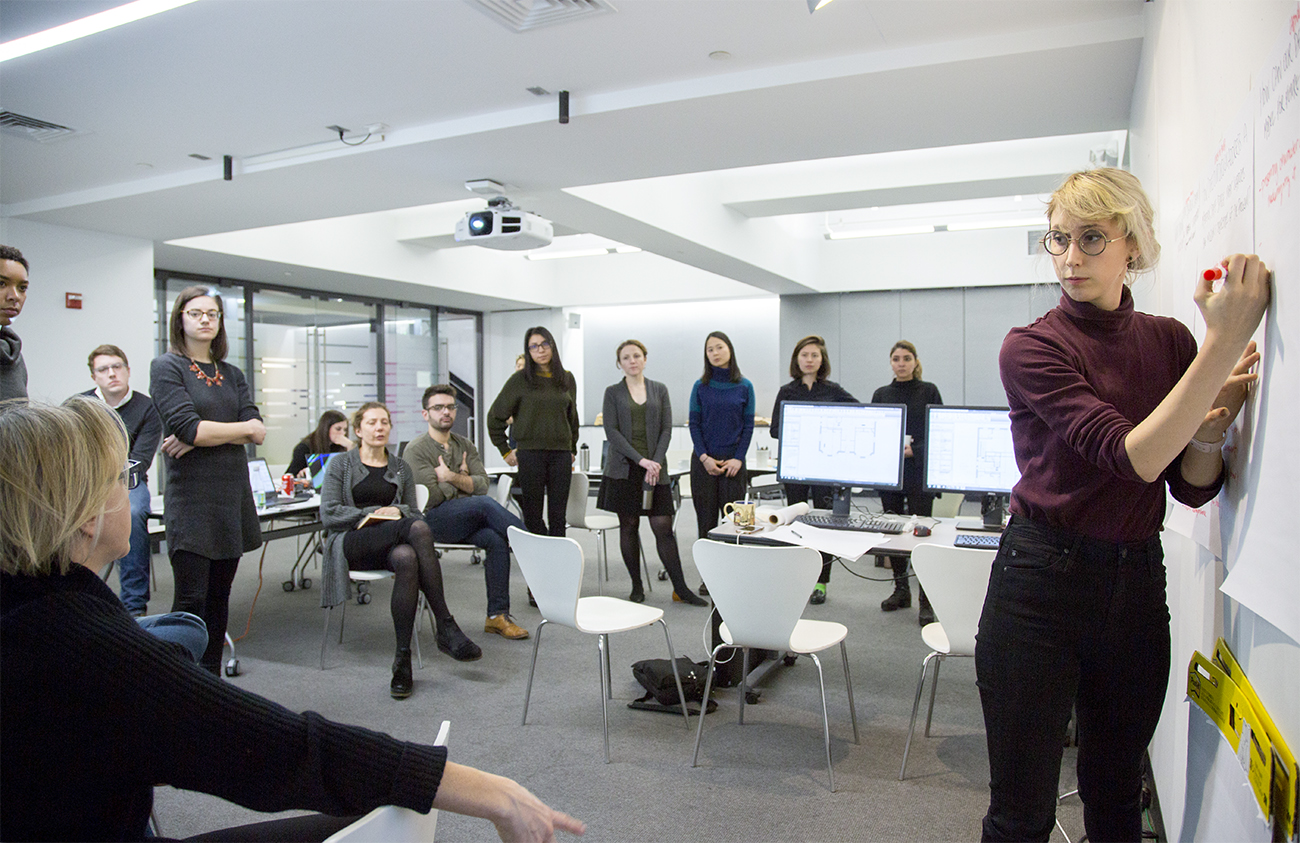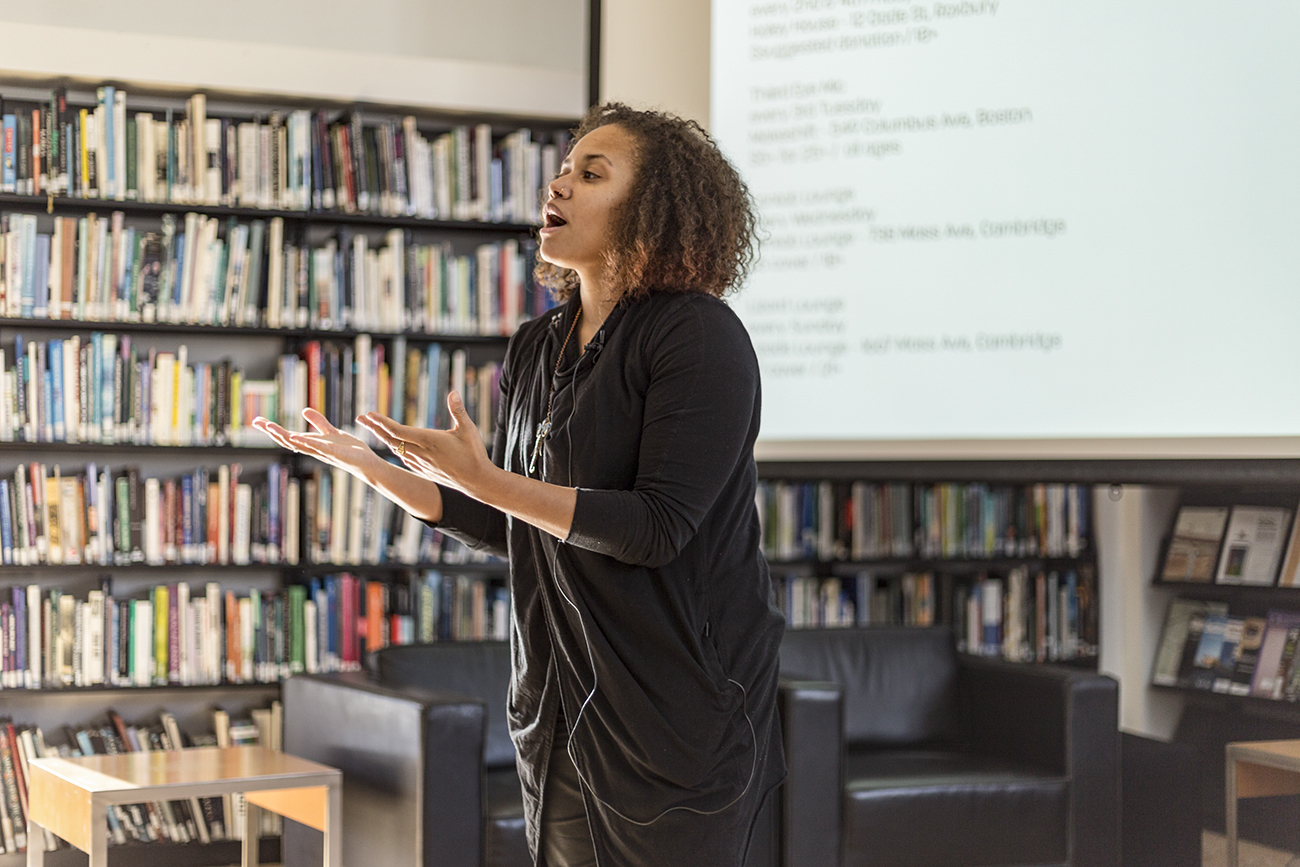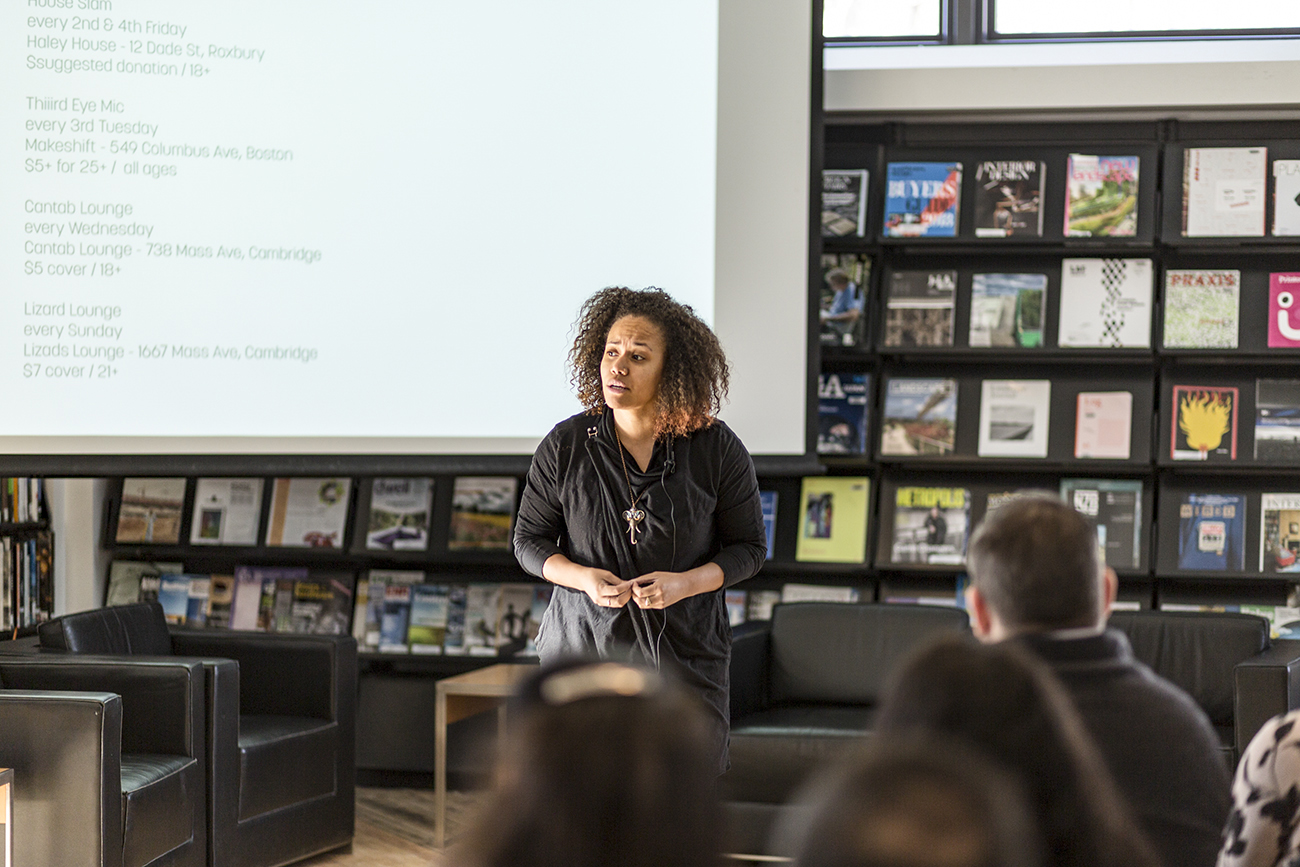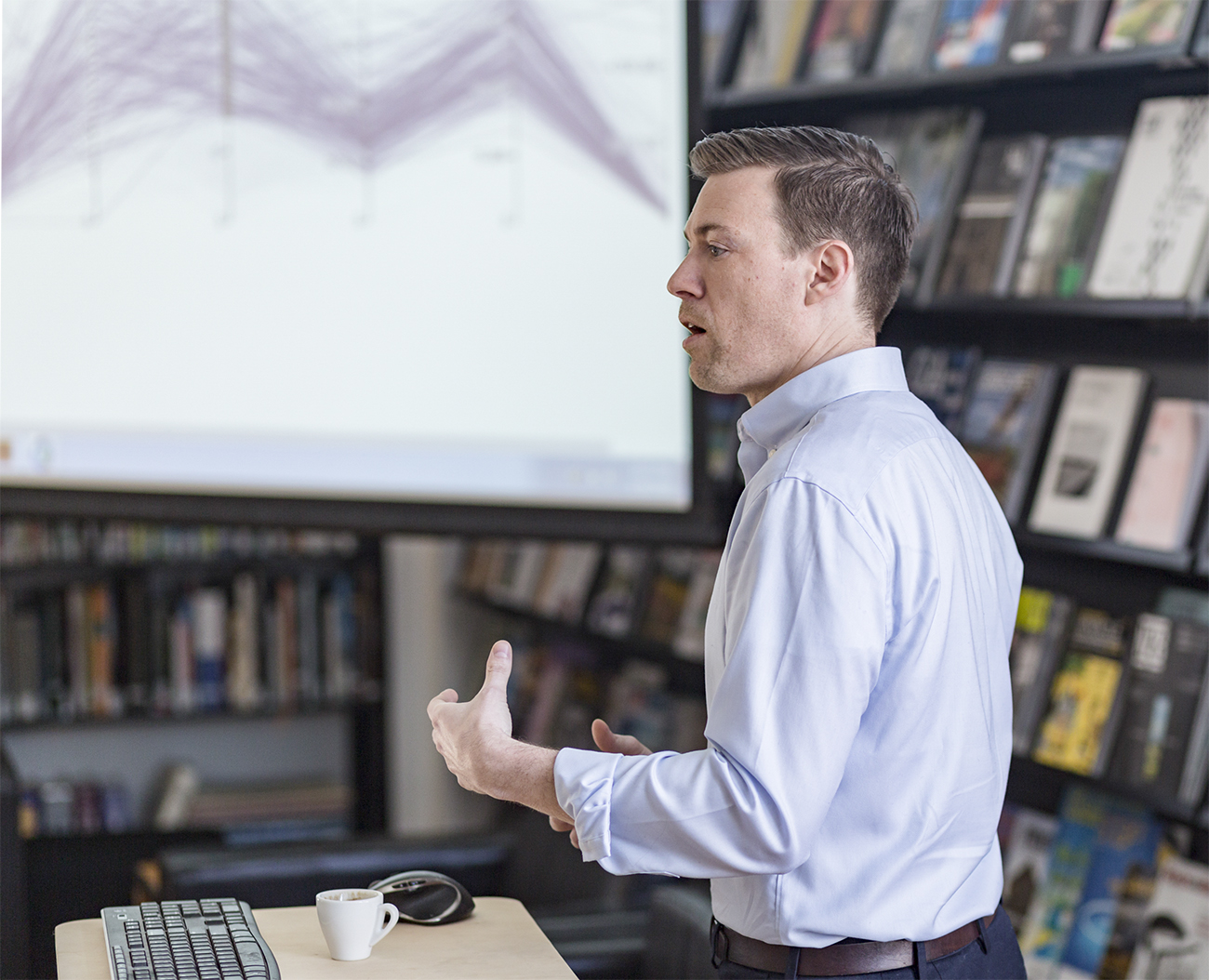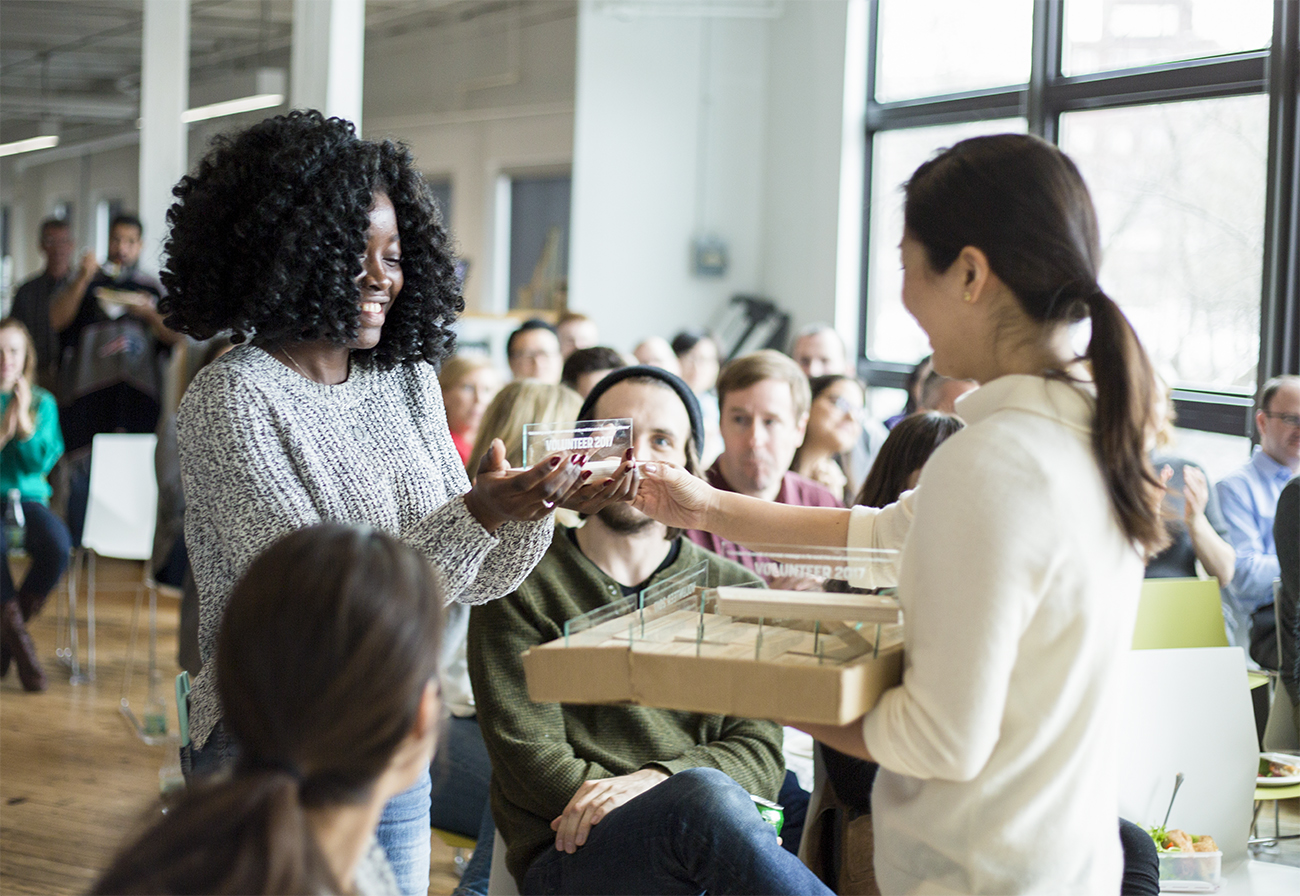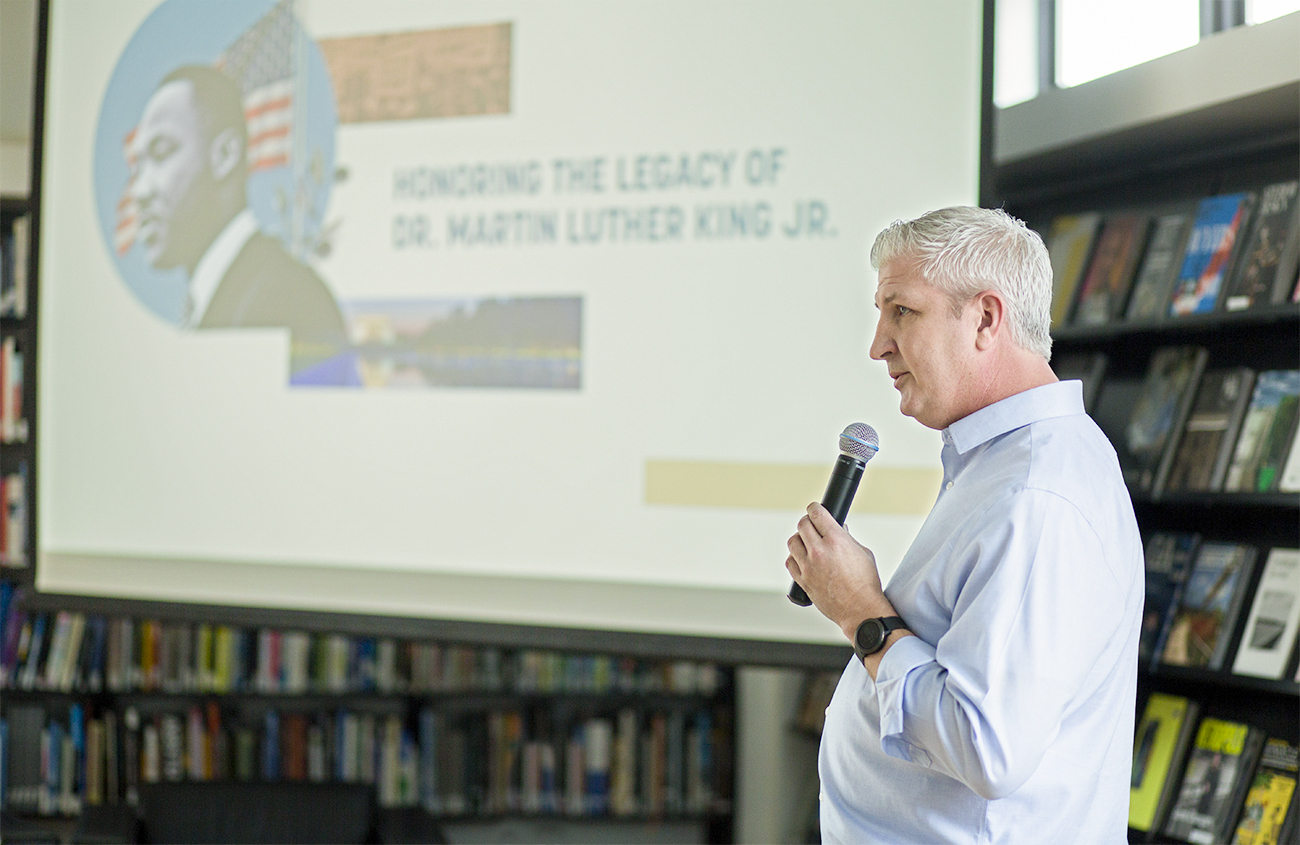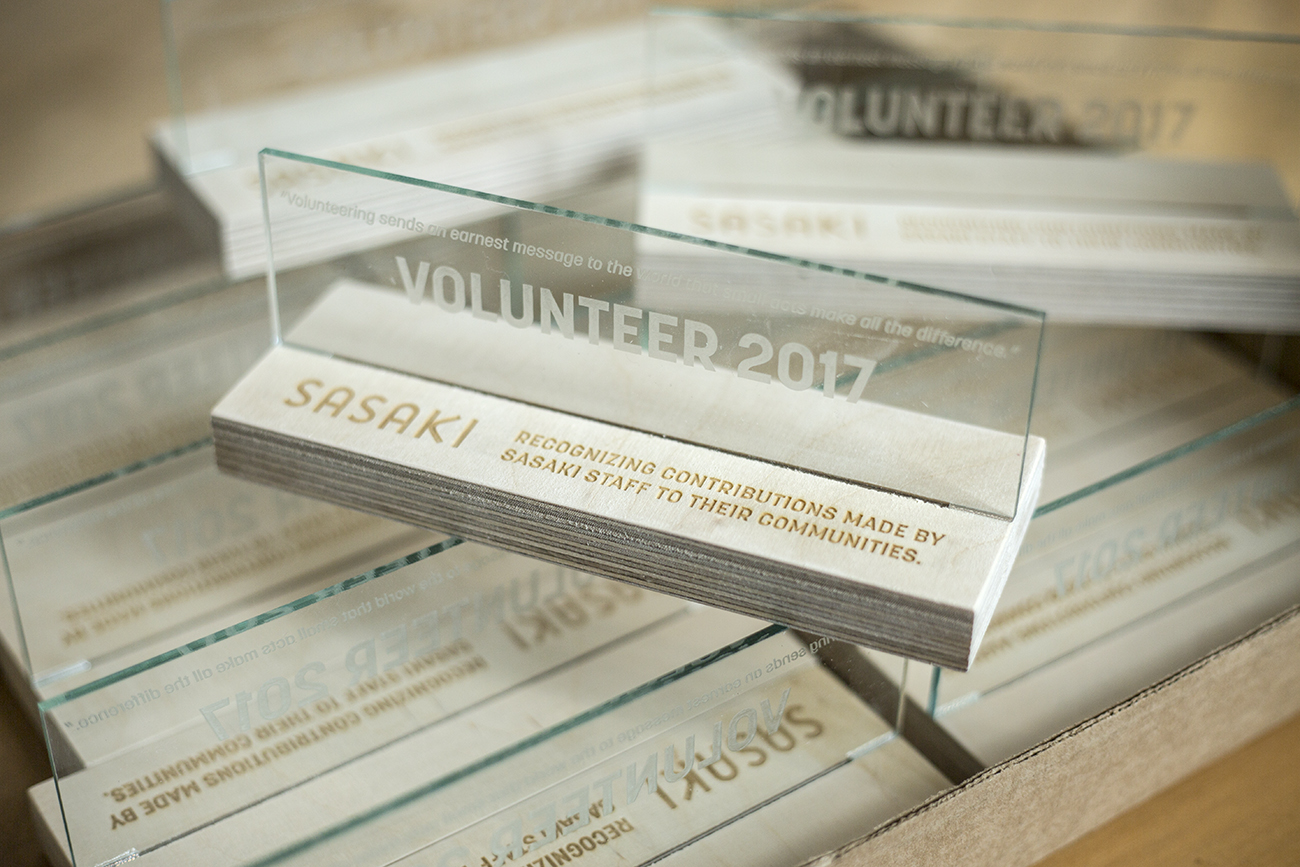The richness of this year’s celebrations was built upon the foundation laid last year. In 2017, we marked our firm’s inaugural in-office MLK Jr. Day celebration with a commitment to engaging fully with conversations around diversity, equity, and social justice. Sasaki leaders also announced their financial commitment to inspiring actionable impact to better our communities: earmarking funds to support any employee who wishes to give time to a cause.
To spur conversation, we also invited two respected local leaders with ties to urban planning, development, transportation, and business to share their personal and professional experiences advocating for a more equitable city of Boston—invaluable perspectives for our designers to consider as they work all over the world, with communities representing diversity on every dimension. We began 2017 asking ourselves: how can we work with all our diverse stakeholders to co-create opportunity and value shared by a broader cross-section of society?
One avenue for expanding our impact is through the re-invigoration of the Sasaki Foundation, a non-profit that carries on the legacy of our founder, Hideo Sasaki. Led by inaugural Executive Director, Alexandra Lee, the Foundation will double-down on convening all kinds of skillsets to tackle the greatest challenges of our times, ranging from equity and access to resiliency to mobility in cities. The opening of an incubator space on Sasaki’s campus will help support these efforts.
Truly honoring the legacy of Martin Luther King Jr. is to take small steps every day of the year towards a society more equitable for all. This week, we are highlighting some of those small steps—be they giving back to the community through volunteering, celebrating the cultural contributions of communities of color, discussing the softened yet still-present race lines in our city and nation, or simply coming together for a shared meal.
It is our sincere hope that this time next year, when we reconvene for reflection, we will see significant progress in chipping away at the divide between where we are and where we should be—as design professionals, as humans, and as a society.
Please continue for more details and photos of this year’s events:
Globe Columnist Details Deep-Dive Exposé on Race in Boston

